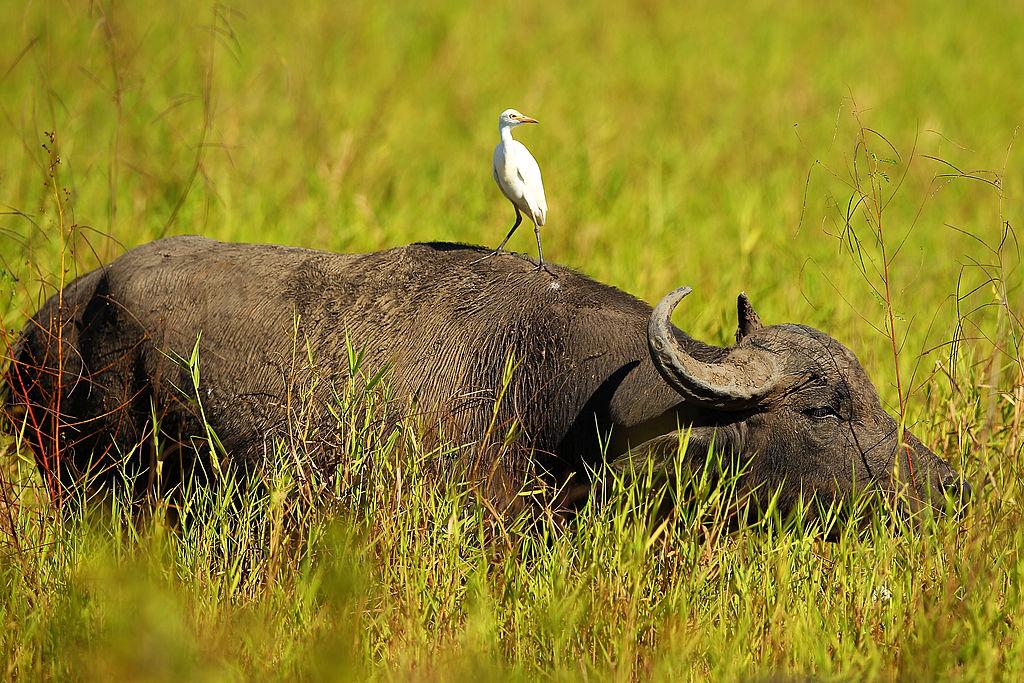Ongoing moves to cut methane gas emissions from domestic livestock, like cows and pigs, fails to take into account the sheer volume of feral animals now populating countries like Australia, one MP has said.
Keith Pitt, the Nationals Party member for Hinkler, said current measures or proposals to curb flatulence or belching from livestock needed to consider the science.





